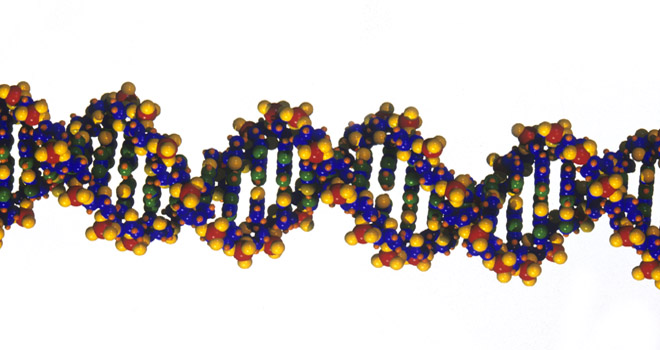An appeals court has struck down as unconstitutional California’s requirement that DNA collection be part of post-arrest routine in the state, reports Wired.
The DNA Act (Proposition 69), which passed voter approval and has been in use in the state since 2009, requires any adult arrested for a felony to submit to a DNA sample. The First District Court of Appeal in San Francisco ruled that this was a violation of the Fourth Amendment as a “warrantless and suspicionless search of individuals” before they have been convicted of a crime, for evidence of a crime “unrelated to that for which they have been arrested.”
The court decision makes clear that comparing DNA testing to fingerprinting is “blind to the nature of DNA,” though it noted that the limited information the database would collect, called a DNA profile, does not contain “any significant amount of personal, private data.”
Instead, it focused on the invasive nature of the blood test or cheek swab, which would fundamentally contain the entire human genome, even if that information would remain unrecorded. No standards have been determined for how the DOJ’s lab is required to collect or store the specimens, it said.
The court also cited a stigma associated with DNA sampling, saying it is viewed “not just as a badge of crime, but as a badge of the most dangerous crimes,” such as rape and murder. Fingerprinting, the court stated, has long been stripped of a similar stigma.
At the end of 2010, California’s DNA database held 1,680,038 samples, which led to 15,550 matches related to other crimes, reports Wired. More than 1.6 million DNA samples have been taken under the DNA Act since 2009.










